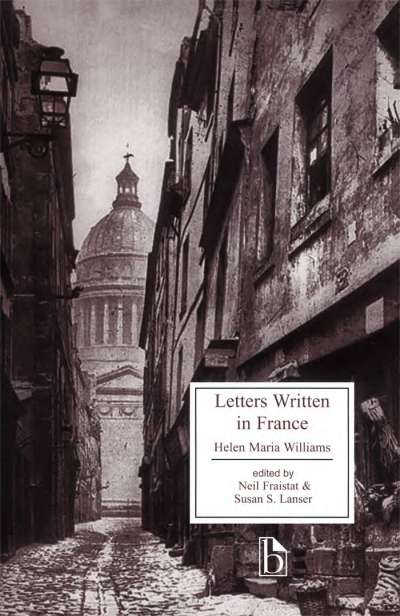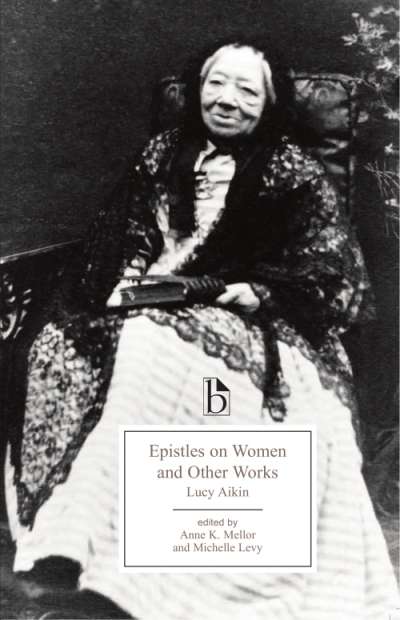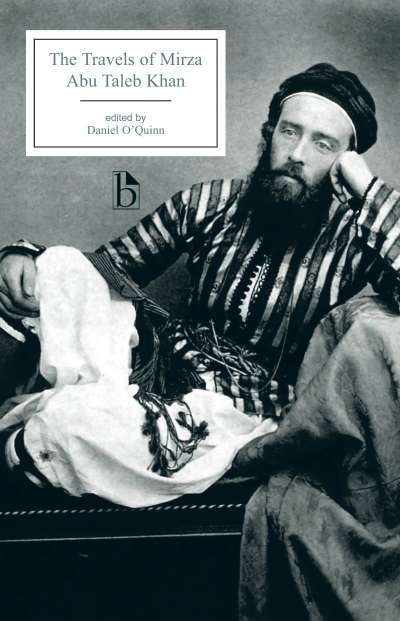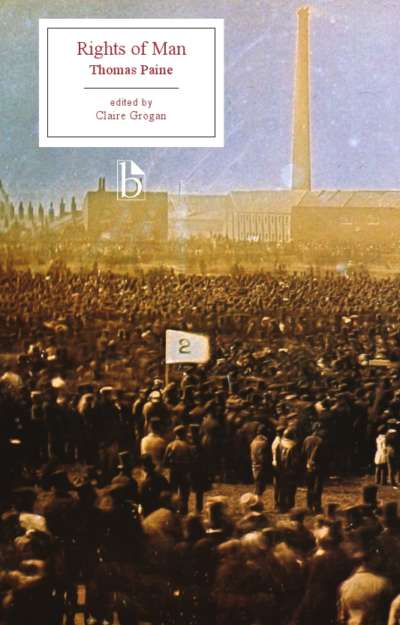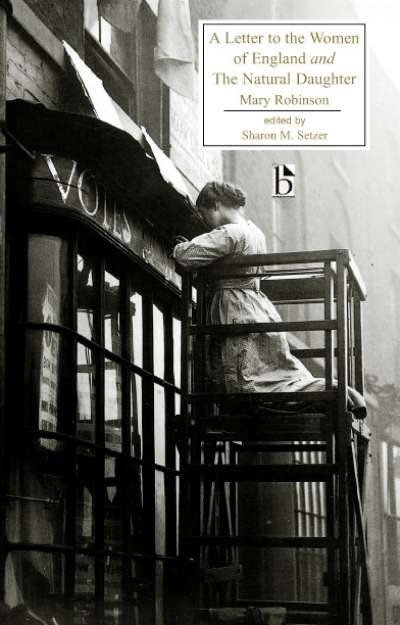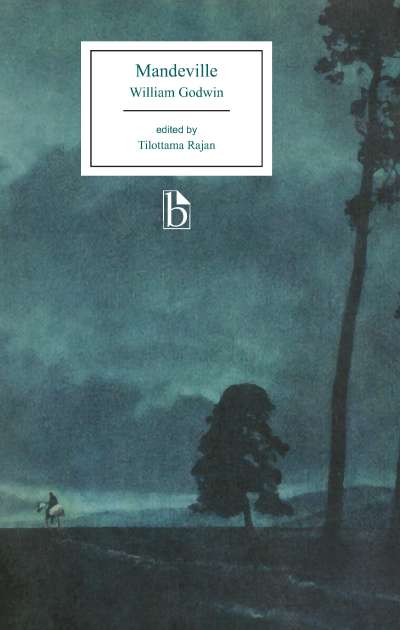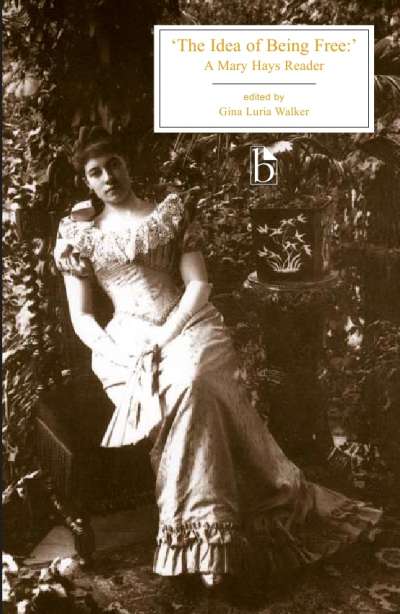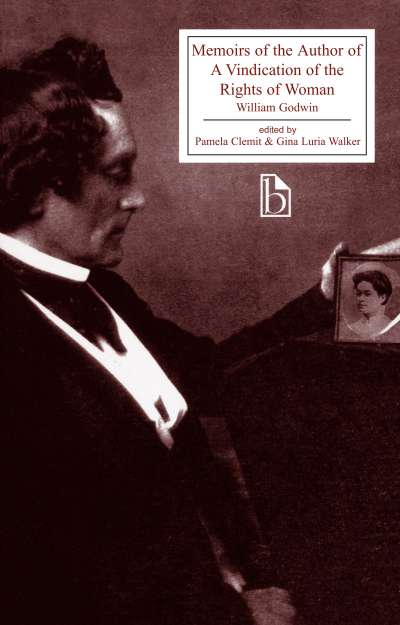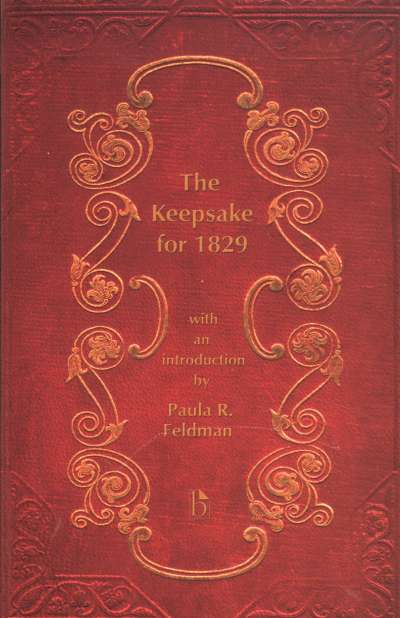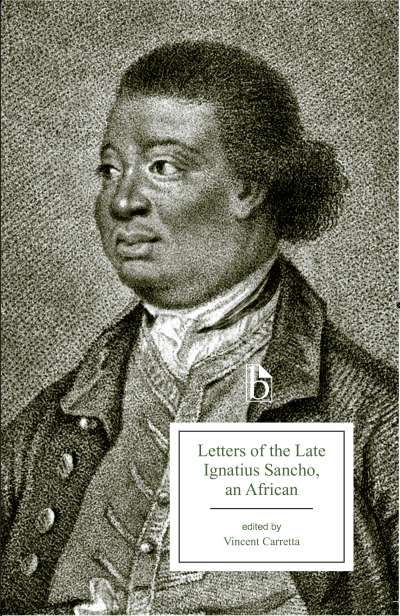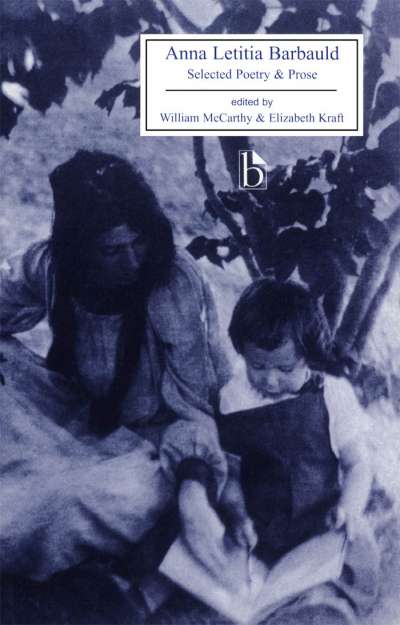Confessions of an English Opium-Eater remains its author’s most famous and frequently-read work and one of the period’s central statements about both the power and terror of imagination. De Quincey describes the intense “pleasures” and harrowing “pains” of his opium use in lyrical and dramatic prose. A notorious success since its 1821 publication, the work has been an important influence on philosophers, theorists, and psychologists, as well as literary writers, of the nineteenth and twentieth centuries. But Confessions is only one part of a larger confessional project conceived by De Quincey over the course of his writing career. Gathered together in this edition, these texts provide a fascinating glimpse of early nineteenth-century British aesthetic, medical, psychological, political, philosophical, social, racial, national, and imperialist attitudes.
This edition includes the 1821 text of Confessions, its important sequel Suspiria de Profundis (1845), and its sequel, The English Mail-Coach (1849), as well as extensive appendices.
Comments
“Joel Faflak’s new edition of Confessions of an English Opium-Eater finally does justice to a work too often celebrated for its eccentricity rather than importance. Immersing this strange memoir fully in the historical milieu that produced it, Faflak proves De Quincey to be a keen critic of culture as well as an intrepid explorer of the mind. The Introduction sketches De Quincey’s life, work, and significance with sagacity and wit. But the chief glory of this edition is its unflinching discussion of the history of opium as anodyne. Marshalling a wide array of primary material, Faflak reveals how eating opium—and writing about it—can be an activity rife with cultural implications and philosophical possibilities. De Quincey’s Confessions and related writings come alive for today’s readers in this edition.” — Paul Youngquist, Pennsylvania State University
“This is by far the best paperback edition of De Quincey’s Confessions ever to be published. Joel Faflak’s comprehensive introduction demonstrates both why De Quincey is fascinatingly of our own moment, and how he speaks to the complex interplay between the literary avant-garde and imperialist geopolitics during the early nineteenth century. The text is thoroughly annotated and its abundant allusions explained. Especially useful are the appendices that locate the Confessions in literary, social, and political history, illuminating the role played by the opium trade in Britain’s colonial mission, as well as how opium use was understood in the medical literature of the time. Faflak’s expert editing gives us a De Quincey who is richer and stranger than ever before.” — Margaret Russett, University of Southern California
Acknowledgements
Introduction
Thomas De Quincey: A Brief Chronology
A Note on the Text
Confessions of an English Opium-Eater (1821)
Suspiria de Profundis (1845)
The English Mail-Coach (1849)
Appendix A: Related Texts and Prefaces
- From Charles Lamb, “Confessions of a Drunkard” (1813)
- From Samuel Taylor Coleridge, “Kubla Khan” (1816)
- From “Letter from the English Opium Eater,” London Magazine (1821)
- From the Appendix to Confessions of An English Opium-Eater, London Magazine (1822)
- From General Preface to Selections Grave and Gay (1853)
- From the Explanatory Notice to Volume Four of Selections Grave and Gay (1854)
- From the Prefatory Notice to Confessions of an English Opium-Eater (1856)
- From “The Dark Interpreter” (1845?)
- Manuscript list for proposed plan of Suspiria de Profundis (1891)
- From Book Five of William Wordsworth, The Prelude (1850)
Appendix B: Reviews, Letters, Notes
- From James Montgomery, Sheffield Iris (1821)
- From Medico-Chirurgical Review (1822)
- From The British Critic (1822)
- From The British Review, and London Critical Journal (1822)
- From The Monthly Review (1823)
- From The Eclectic Review (1823)
- From The North American Review (1824)
- From George Gilfillan, The Eclectic Review (1850)
- From David Masson, British Quarterly Review (1854)
- From The Eclectic Review (1854)
- From Letter from De Quincey to his daughter Emily (1855)
- From The Athenæum (1859)
- From British Quarterly Review (1863)
Appendix C: The Opium Question: History and Politics
- From Jean-Baptiste Tavernier, The Six Voyages of John Baptista Tavernier (1677)
- From Sir John Chardin, The Travels of Sir John Chardin into Persia and the East-Indies (1686)
- From William Marsden, The History of Sumatra (1783)
- From Thomas Malthus, An Essay on the Principle of Population (1806)
- From David Ricardo, The Principles of Political Economy and Taxation (1817)
- From R.R. Madden, Travels in Turkey, Egypt, Nubia, and Palestine (1833)
- From John Francis Davis, The Chinese:A General Description of The Empire of China and Its Inhabitants (1836)
- From Samuel Morewood, A Philosophical and Statistical History of the Inventions and Customs of Ancient and Modern Nations in the Manufacture and Use of Inebriating Liquors (1838)
- From W.H. Medhurst, China: Its State and Prospects, with Especial Reference to the Spread of the Gospel (1838)
- From Rev. Algernon S. Thelwall, The Iniquities of the Opium Trade with China (1839)
- From Thomas De Quincey, “The Opium and the China Question,” Blackwood’s Edinburgh Magazine (1840)
Appendix D: The Opium Question: Medicine and Psychology
- From Andrew Baxter, An Enquiry into the Nature of the Human Soul (1737)
- From George Young, A Treatise on Opium, Founded upon Practical Observations (1753)
- From John Awsiter, An Essay on the Effects of Opium (1767)
- From Samuel Crumpe, An Inquiry into the Nature and Properties of Opium (1793)
- From “Dreams,” Encyclopædia Britannica (1797)
- From Thomas Trotter, A View of the Nervous Temperament (1807)
- From Robert Macnish, The Anatomy of Drunkenness (1827)
- From “The Narcotics We Indulge In,” Blackwood’s Edinburgh Magazine (1853)
- From Mordecai C. Cooke, The Seven Sisters of Sleep (1860)
- From Henry Havelock Ellis, The Dance of Life (1923)
Select Bibliography
Joel Faflak is Associate Professor of English at the University of Western Ontario.



